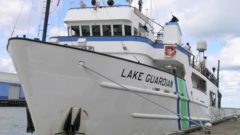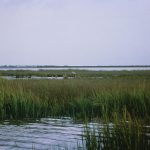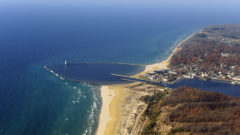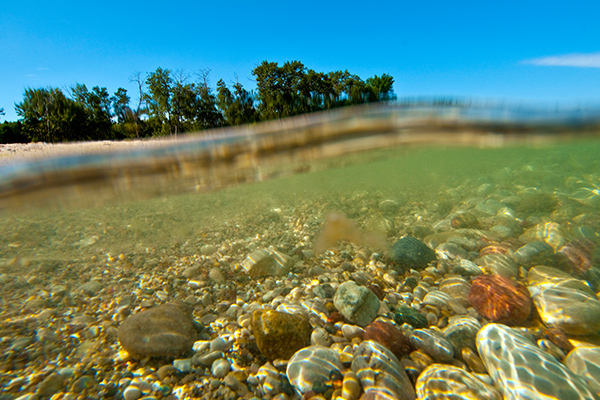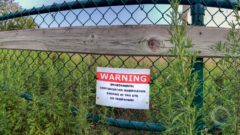The Mississaugas of Scugog Island First Nation in Ontario can trace their connection to the community back more than 300 years, settling on bountiful lands near Lake Ontario after being uprooted from their former homelands north of Lake Huron. Read the full story by the Durham Region.
Scugog First Nation community roots stretch back more than 300 years
Great Lakes Commission
https://www.glc.org/dailynews/20210415-scugog

